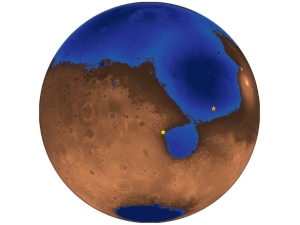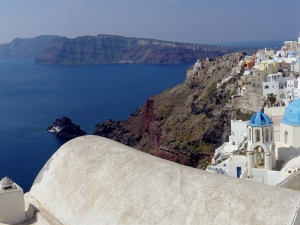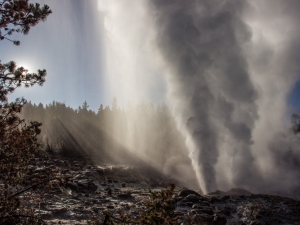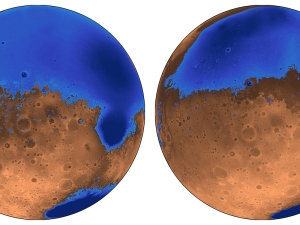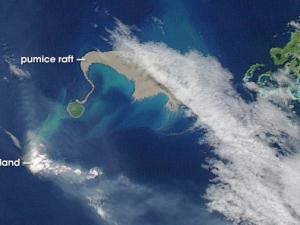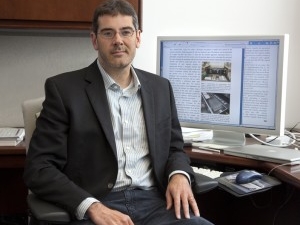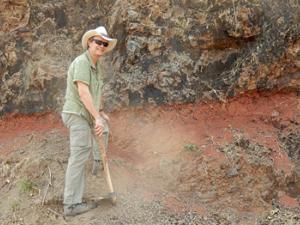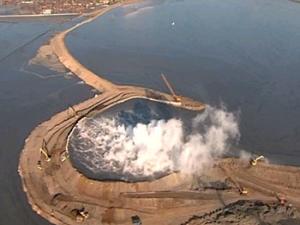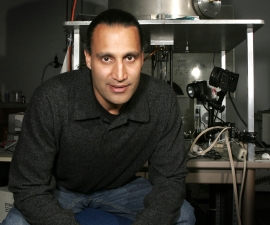

Research Bio
Michael Manga is the Gary and Donna Freedman Chair in Undergraduate Education, Gary and Donna Freedman Chair in Undergraduate Education; Garniss H. Curtis Endowed Chair in Earth and Planetary Science and a professor in the Department of Earth and Planetary Science. His current research interests focusses human-induced earthquakes, the behavior of geysers, water on Mars, and volcano science.
He received his B.S. in geophysics from McGill University in 1990, his M.S. in engineering sciences from Harvard University in 1992, and as his Ph.D in Earth and Planetary Science also from Harvard University in 1994.
Research Expertise and Interest
hydrogeology, fluid mechanics, geomorphology, earth & planetary science, geological processes involving fluids, including problems in physical volcanology, geodynamics, dynamics of suspensions, flow & transport in porous materials, percolation theory
In the News
Ancient Beaches Testify to Long-Ago Ocean on Mars
Scientists Find Oceans of Water on Mars. It’s Just Too Deep to Tap.
Historic Santorini Eruption Pales in Comparison to Ancient Blowout
Reawakened geyser does not foretell Yellowstone volcanic eruptions
UC Berkeley Professors Named AAAS Fellows
Five Berkeley faculty members elected fellows of the AAAS
National Academy of Sciences Adds Five Berkeley Faculty Members to its Ranks
Mars’ oceans formed early, possibly aided by massive volcanic eruptions
How X-rays Helped to Solve Mystery of Floating Rocks
Study links Texas earthquakes to wastewater injection
Did Dinosaur-Killing Asteroid Trigger Largest Lava Flows on Earth?
The asteroid that slammed into the ocean off Mexico 66 million years ago and killed off the dinosaurs probably rang the Earth like a bell, triggering volcanic eruptions around the globe, according to a team of UC Berkeley geophysicists. The impact may have re-ignited the eruptions at the Deccan Traps, initiating the largest lava flows on Earth.
Strongest evidence to date links exploration well to Lusi mud volcano
New data provide the strongest evidence to date that the world's biggest mud volcano, which killed 13 people in 2006 and so far has displaced 30,000 people in East Java, Indonesia, was not caused by an earthquake, according to an international scientific team that includes researchers from Durham University and the UC Berkeley.
Featured in the Media
“Establishing that there is a big reservoir of liquid water provides some window into what the climate was like or could be like,” said study co-author Michael Manga, a professor of earth and planetary science. This study was featured on Berkeley News.

